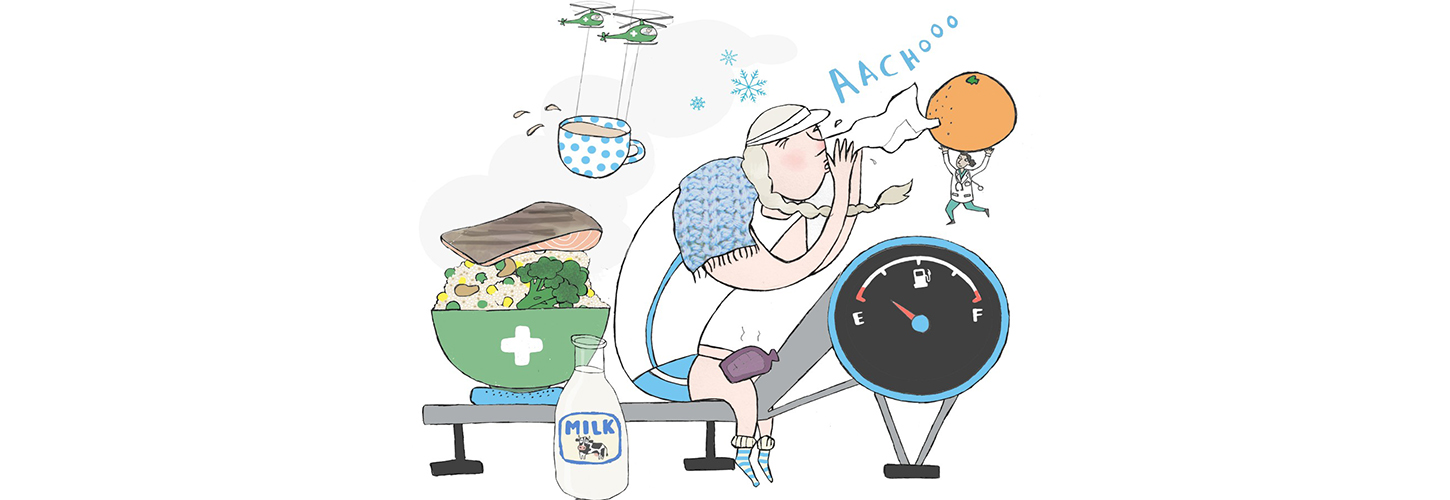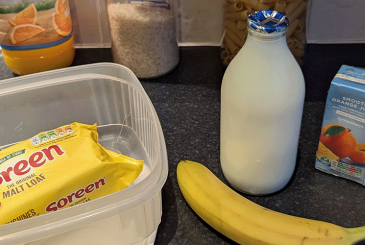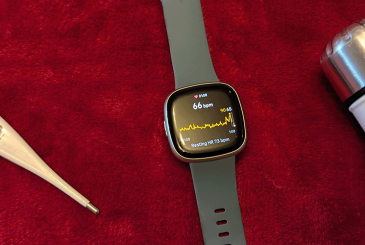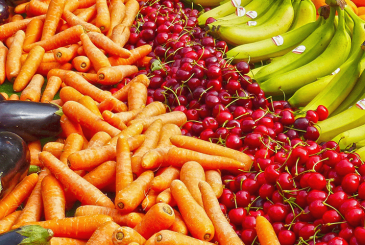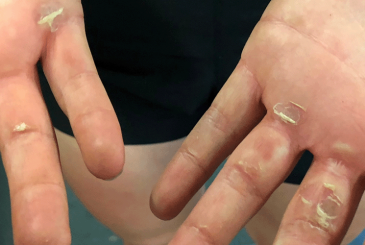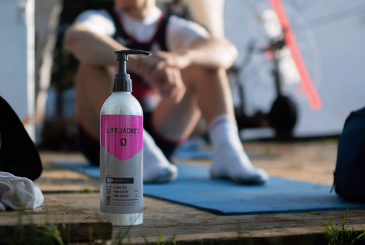Intense training brings an increased risk of getting coughs and colds. Jacqueline Birtwisle provides advice
Winter training is hard work, and with this intensity comes an increased risk of getting minor coughs and colds, along with symptoms of sore throats. Not only are your infection-fighting white blood cells lower after strenuous exercise, but also if you are training in cold, dry or polluted air, then simply breathing in and out more vigorously will increase your risk of coughs and colds.
Alongside other lifestyle issues such as good hand hygiene and enough sleep, what you routinely eat and drink – your diet – is essential for your immune system. A varied diet that includes plenty of fruits and vegetables and wholegrains for fibre, along with sufficient fluids, should provide all the macronutrients such as energy (carbohydrates and fat), protein and fibre, along with the micronutrients essential to maintain a healthy immune system, particularly the minerals iron, manganese, magnesium, copper, selenium, zinc and vitamins A, C, D, E, B6, B12 and folic acid / folate. Have a look at the essential micronutrients below and see how your diet shapes up.
In addition to enjoying a varied diet, scientists have looked at other nutritional and dietary factors that can help the immune system.
Have a look at the essential micronutrients below and see how your diet shapes up
Quercetin
Quercetin is found naturally in red onions, blueberries, apples, citrus fruits, tea and broccoli. There is some evidence of reduced infection risk in athletes with quercetin but how it works is unclear. Taking up to 1,000mg a day as a supplement for seven to 21 days may have a direct effect on keeping the viruses at bay, during the time of supplementation, and for a few weeks after stopping quercetin supplementation.
Probiotics
Probiotics such as Yakult and Actimel, and foods containing live and active cultures such as yoghurt varieties including Activia, Fage Total and Rachel’s, may help reduce the chance of you getting coughs and colds as well as reducing ‘gut-upset’ problems.
Probiotics are live microorganisms that, when consumed for several weeks, can increase the number of beneficial bacteria in the gut. The lactobacillus and bifidobacterium strains have so far emerged as the ones with a good safety record in humans and seem to be effective in the desired outcome.
Vitamin D
Vitamin D has a well-known role in bone health, and we now know that this fat soluble hormone has an important role in other aspects of health – including the immune system. Having a low vitamin D status is associated with an increased respiratory infection risk and longer lasting illness symptoms. UVB sunshine rays, rather than food, is the best source. In 2016, Public Health England issued new advice recommending that adults and children over the age of one year should consider taking a daily supplement containing 10 micrograms of vitamin D, particularly during autumn and winter – i.e. from October through to March. Those who have a higher risk of vitamin D deficiency are advised to take a supplement all year round.
If you’re training in cold, dry or polluted air, then simply breathing in and out more vigorously will increase your risk of coughs and colds
Supplements
Find out more about Clean Sport and read British Rowing’s supplement advice. You can also check the Informed-Sport website here.
Essential micronutrients
Iron – red meat, poultry, fortified breakfast cereal, eggs, beans, cashews, dark green leafy vegetables.
Vitamin C – kiwi fruit, satsumas, oranges and orange juice, potatoes, peas (frozen are higher in vitamin C), strawberries.
Vitamin A (retinol and beta-carotene) – carrots, mangoes, papaya, apricots, cheese, liver, oily fish (mackerel, salmon, herring, sardines).
Zinc – meat, poultry, milk and dairy (yoghurt and cheese), nuts (peanuts), seeds (sesame seeds).
Vitamin E – vegetable oils, nuts, seeds, eggs, broccoli.
Copper – beef, liver, nuts, seeds, mushrooms, chocolate.
Selenium – Brazil nuts, fish (tuna), meat (beef), plant-foods – though depends on the soil.
Vitamin B6 – meat, poultry, fish, dairy, lentils, beans, soya milk, tofu, potatoes, vegetables, some fruits (bananas, prunes, raisins).
Vitamin B12 – meat, poultry, fish, diary, eggs, yeast extract, fortified breakfast cereal, soya milk.
Magnesium – nuts, seeds (pumpkin), beans (black beans), fish, dark green leafy vegetables, wholegrains.
Manganese – tea, bread, nuts, peas.
Folic acid / folate – broccoli, peas, chickpeas, liver, fortified breakfast cereal.
Meal ideas
Breakfasts
Porridge and milk with fruit and seeds added.
Eggs on wholemeal toast with mushrooms and beans.
Bircher muesli with a spoon of live yoghurt.
Lunches / dinners
Chicken, broccoli and cashew nut stir-fry with brown rice.
Mixed bean chilli with a jacket potato and a dollop of live yoghurt.
Spinach and herb omelette with sweet potato wedges and peas.
Snacks
Snack-pack of Brazil nuts, dark chocolate and dried apricots.
Live Greek yoghurt with fruit – e.g. prunes and honey.
A banana and peanut butter on wholemeal toast.
A can of sardines on toast.
Illustration: Jo Scales


